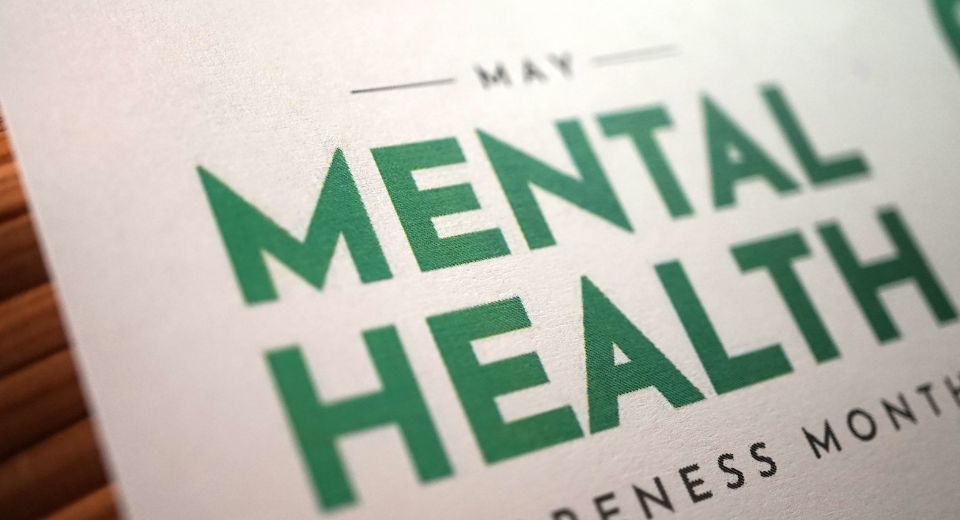
Author: Bree Maloney
May is Mental Health Awareness Month. One in five adults in the U.S. experience mental illness each year and less than half receive treatment, according to the National Alliance on Mental Illness. If left untreated, mental illness can contribute to higher medical expenses, poorer performance at school and/or work, fewer employment opportunities and increased risk of suicide.
What are some signs of mental illness?
Common signs of mental illness can include the following:
- Prolonged depression
- Social withdrawal
- Substance use
- Suicidal thoughts
- Hallucinations
- Insomnia or inability to sleep well (high stress)
- Changes in school or work performances
- Persistent nightmares
- The growing inability to cope with day-to-day tasks
What causes mental illness?
Although there is no exact cause for mental illnesses, research shows that it can be linked to the following: inherited traits, environmental exposures before birth (i.e. drugs and alcohol), certain infections such as an infection in the brain that can cause damage. For example, a condition known as PANDA – Pediatric Autoimmune Neuropsychiatric Disorder has been linked in the development of OCD (obsessive compulsive disorder). Other causes can also be psychological trauma that the person has suffered as a child – either physically or mentally.
What is the treatment for mental illness?
Treatment for any type of mental illness will depend on the type of disorder and the severity. Depending on the diagnosis by the physician, the patient may receive treatment from only one health care provider if the patient’s mental illness is well-controlled. If it is more severe, physicians will often approach with a team aspect. Some other courses of treatment for mental illness can include: psychotherapy, medication depending on the diagnosis, support groups, electroconvulsive therapy, and art therapy are just some of the treatment plans that could help mental illness disorders.
How can you prevent mental illness?
Although it is challenging to prevent mental illness, there are some things you can do to help minimize the symptoms such as taking steps to control stressful situations or tasks and routine medical care with your primary or psychiatrist. Also, learning what may trigger you and your symptoms will help you be able to either cope with mental illness and/or sometimes knowing what situations or environments you should avoid.
Although the general perception of mental illness has improved over the past decades, studies show that stigma against mental illness is still powerful, largely due to media stereotypes and lack of education, and that people tend to attach negative stigmas to mental health conditions at a far higher rate than to other diseases and disabilities, such as cancer, diabetes or heart disease.
Stigma affects not only the number seeking treatment, but also the number of resources available for proper treatment. Stigma and misinformation can feel like overwhelming obstacles for someone who is struggling with a mental health condition. Here a few powerful things you can do to help:
- Showing individuals respect and acceptance removes a significant barrier to successfully coping with their illness. Having people see you as an individual and not as your illness can make the biggest difference for someone who is struggling with their mental health.
- Advocating within our circles of influence helps ensure these individuals have the same rights and opportunities as other members of your church, school and community.
- Learning more about mental health allows us to provide helpful support to those affected in our families and communities.
Need Help?
- If you or someone you know is struggling or in crisis, help is available. Call or text 988 or chat 988lifeline.org.
- To learn how to get support for mental health, drug, and alcohol issues, visit FindSupport.gov.
- To locate treatment facilities or providers, visit FindTreatment.gov or call SAMHSA’s National Helpline at 800-662-HELP (4357).
The information provided is for general interest only and should not be misconstrued as a diagnosis, prognosis or treatment recommendation. This information does not in any way constitute the practice of medicine, or any other health care profession. Readers are directed to consult their health care provider regarding their specific health situation. Marque Medical is not liable for any action taken by a reader based upon this information.

